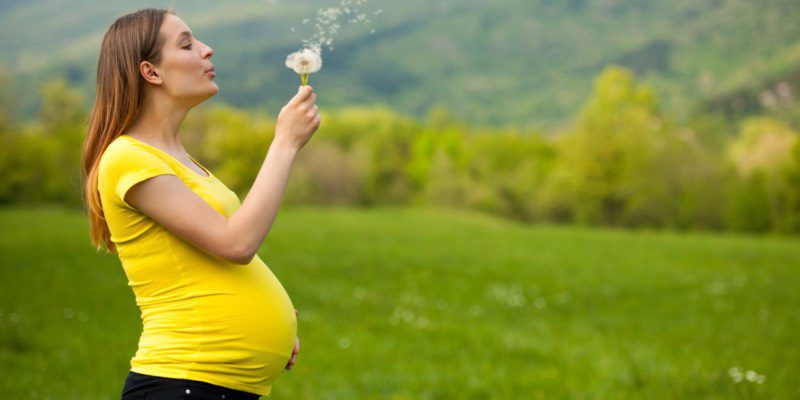A diagnosis of diminished ovarian reserve (DOR) in young women struggling with infertility can be deeply frustrating. It leads many to believe that they have no options or that their only option is pregnancy through IVF or egg donation. A recent study demonstrates that for women under the age of 35, there is another viable alternative.
A woman’s ovarian reserve refers to the quantity of her eggs, and diminished ovarian reserve means that the egg number is decreasing. Hormone tests and ultrasound imaging are used to evaluate a woman’s ovarian reserve. DOR usually occurs around menopause, and age is the leading factor, but the rate of decrease can vary from woman to woman.
Women are born with all of the eggs they will ever have in their ovaries (unlike men who continue to produce sperm all their lives). They start out with more than a million eggs, but only have about 300,000 left by the time they reach puberty, of which only about 300 are ovulated during the reproductive years. As time goes on, both the quantity and quality of eggs is greatly reduced and the eggs that are ovulated are more likely to have genetic abnormalities.
According to Dr. Mickey Coffler of HRC Fertility Oceanside, aging is the primary cause of low ovarian reserve, but DOR can also be caused by genetic abnormalities, some medical treatments and injury. No treatment can stop the process of diminished ovarian reserve, but women who are infertile due to low egg count or quality can sometimes use assisted reproductive technologies to achieve a pregnancy.
In a recent video, Dr. Coffler assured that the common fertility treatments such as IUI and IVF are great options for women with low ovarian reserve. “A recent study concluded that younger women with low ovarian reserve have an equal chance of becoming pregnant with IUI as those with a normal reserve,” he said. “Young women with low ovarian can expect very good results with IVF with their own eggs.”
Dr. Coffler also explained that he and his team use thorough evaluations and testing to see if there are any other underlying conditions or health issues contributing to productivity. “Correcting these simple issues may be all you need to fix to get pregnant naturally,” he added. “In my experience, most young patients with DOR are able to conceive successfully with their own eggs.”
Watch Dr. Coffler’s entire video to find out more on IVF for young women with low ovarian reserve, below. If you have any questions, please call 866-HRC-4IVF or schedule an appointment online.

